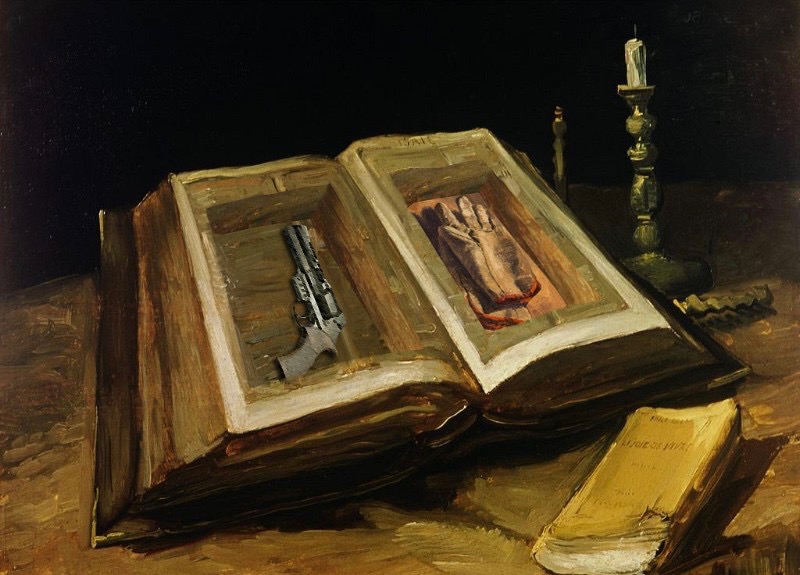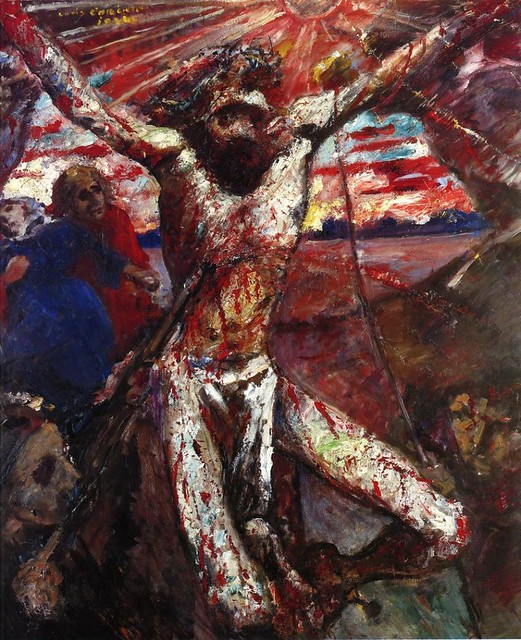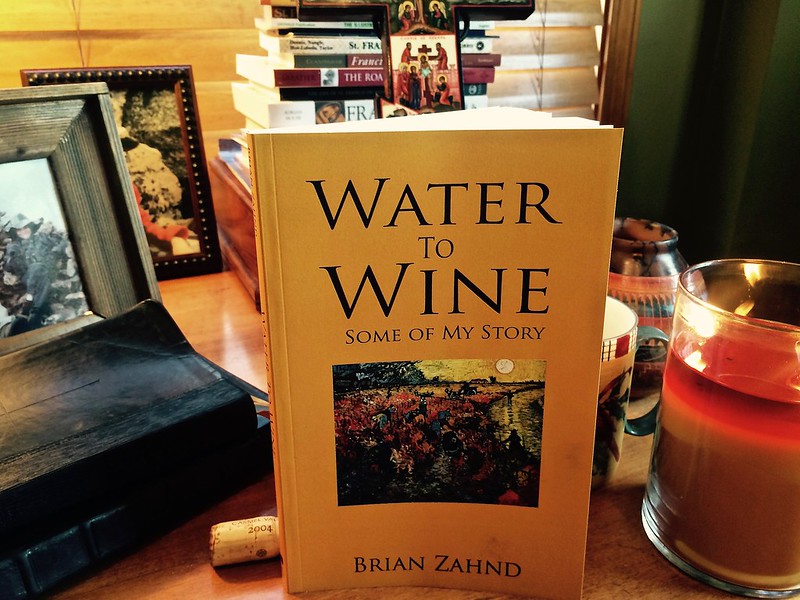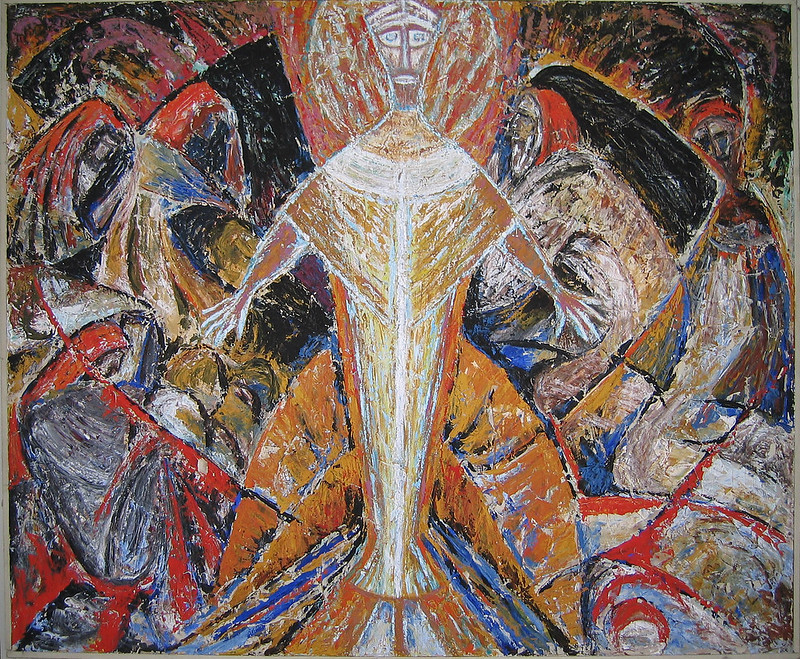When the Bible is Bad for You

When the Bible is Bad for You
Brian Zahnd
I love the Bible. I read the Bible. I read the Bible every day. I’ve been a serious student of the Bible for over forty years. I don’t know how many Bibles I’ve owned — I would guess close to a hundred. I’ve written 3,247 sermons from the Bible. My point is, I’ve got some serious Bible cred!
But here’s something else I know: The Bible can be bad for you!
Bible reading as part of a spiritual formation regiment can be extremely beneficial in helping form disciples of Jesus in Christlikeness. But this isn’t always the case. There are ways of approaching the Bible, reading the Bible, using the Bible that are detrimental to the soul. Because the Bible is such a powerful thing, the misuse of it can be extremely dangerous.
Read more







